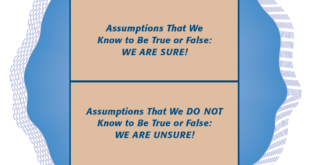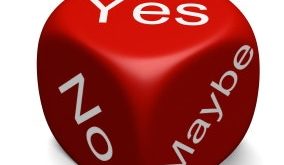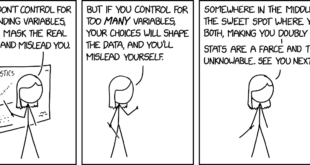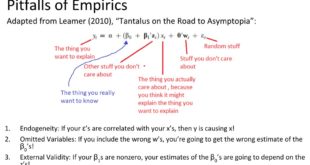An ongoing concern is that excessive focus on formal modeling and statistics can lead to neglect of practical issues and to overconfidence in formal results … Analysis interpretation depends on contextual judgments about how reality is to be mapped onto the model, and how the formal analysis results are to be mapped back into reality. But overconfidence in formal outputs is only to be expected when much labor has gone into deductive reasoning. First, there is a need to feel...
Read More »On the limited value of randomization
On the limited value of randomization In Social Science and Medicine (December 2017), Angus Deaton & Nancy Cartwright argue that Randomized Controlled Trials (RCTs) do not have any warranted special status. They are, simply, far from being the ‘gold standard’ they are usually portrayed as: Contrary to frequent claims in the applied literature, randomization does not equalize everything other than the treatment in the treatment and control groups, it...
Read More »Does randomization control for ‘lack of balance’?
Does randomization control for ‘lack of balance’? Mike Clarke, the Director of the Cochrane Centre in the UK, for example, states on the Centre’s Web site: ‘In a randomized trial, the only difference between the two groups being compared is that of most interest: the intervention under investigation’. This seems clearly to constitute a categorical assertion that by randomizing, all other factors — both known and unknown — are equalized between the...
Read More »Feynman’s integral trick (student stuff)
Feynman’s integral trick (student stuff) .[embedded content] I had learned to do integrals by various methods shown in a book that my high school physics teacher Mr. Bader had given me. [It] showed how to differentiate parameters under the integral sign – it’s a certain operation. It turns out that’s not taught very much in the universities; they don’t emphasize it. But I caught on how to use that method, and I used that one damn tool again and again. [If]...
Read More »‘Overcontrolling’ in statistics
You see it all the time in studies. “We controlled for…” And then the list starts … The more things you can control for, the stronger your study is — or, at least, the stronger your study seems. Controls give the feeling of specificity, of precision. But sometimes, you can control for too much. Sometimes you end up controlling for the thing you’re trying to measure … An example is research around the gender wage gap, which tries to control for so many things that it ends up...
Read More »Getting causality into statistics
Getting causality into statistics Because statistical analyses need a causal skeleton to connect to the world, causality is not extra-statistical but instead is a logical antecedent of real-world inferences. Claims of random or “ignorable” or “unbiased” sampling or allocation are justified by causal actions to block (“control”) unwanted causal effects on the sample patterns. Without such actions of causal blocking, independence can only be treated as a...
Read More »Econometric fictionalism
If you can’t devise an experiment that answers your question in a world where anything goes, then the odds of generating useful results with a modest budget and nonexperimental survey data seem pretty slim. The description of an ideal experiment also helps you formulate causal questions precisely. The mechanics of an ideal experiment highlight the forces you’d like to manipulate and the factors you’d like to hold constant. Research questions that cannot be answered by any...
Read More »The Keynes-Tinbergen debate on econometrics
The Keynes-Tinbergen debate on econometrics It is widely recognized but often tacitly neglected that all statistical approaches have intrinsic limitations that affect the degree to which they are applicable to particular contexts … John Maynard Keynes was perhaps the first to provide a concise and comprehensive summation of the key issues in his critique of Jan Tinbergen’s book Statistical Testing of Business Cycle Theories … Keynes’s intervention has, of...
Read More »Econometric pitfalls
Ed Leamer’s Tantalus on the Road to Asymptopia is one of my favourite critiques of econometrics, and for the benefit of those who are not versed in the econometric jargon, this handy summary gives the gist of it in plain English: Most work in econometrics is — still — made on the assumption that the researcher has a theoretical model that is ‘true.’ Based on this belief of having a correct specification for an econometric model or running a regression, one proceeds as if the...
Read More »Non-manipulability and the limits of potential outcome models
Non-manipulability and the limits of potential outcome models The Potential Outcome framework starts by defining the potential outcomes with reference to a manipulation. In doing so it makes a distinction between attributes or pre-treatment variables which are fixed for the units in the population, and causes, which are potentially manipulable. This is related to the connection between causal statements and randomized experiments. The causes are...
Read More » Heterodox
Heterodox








